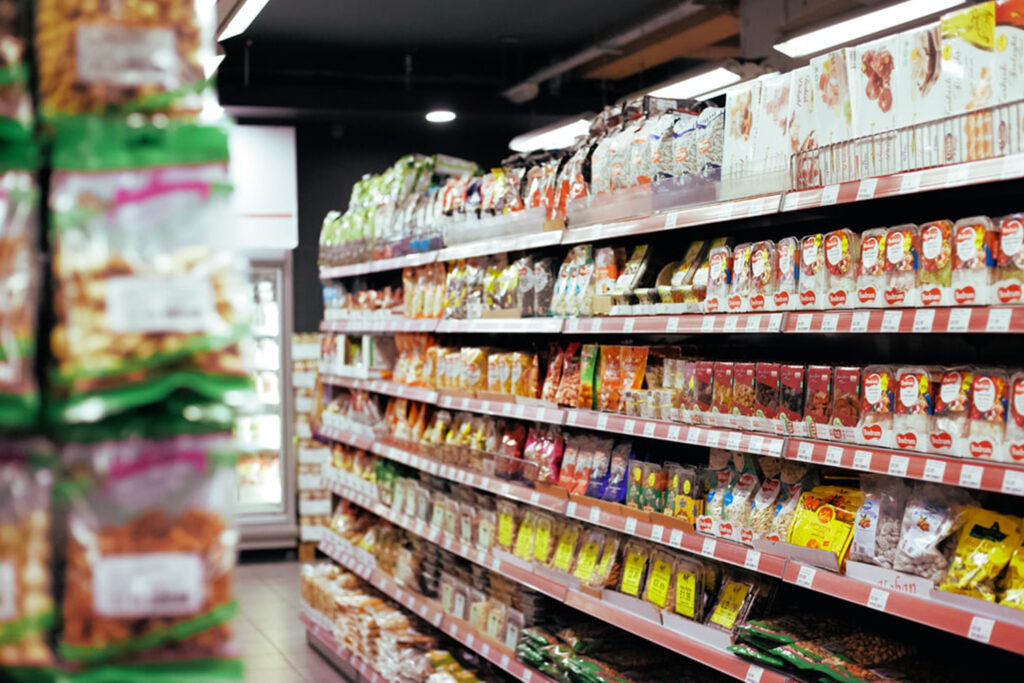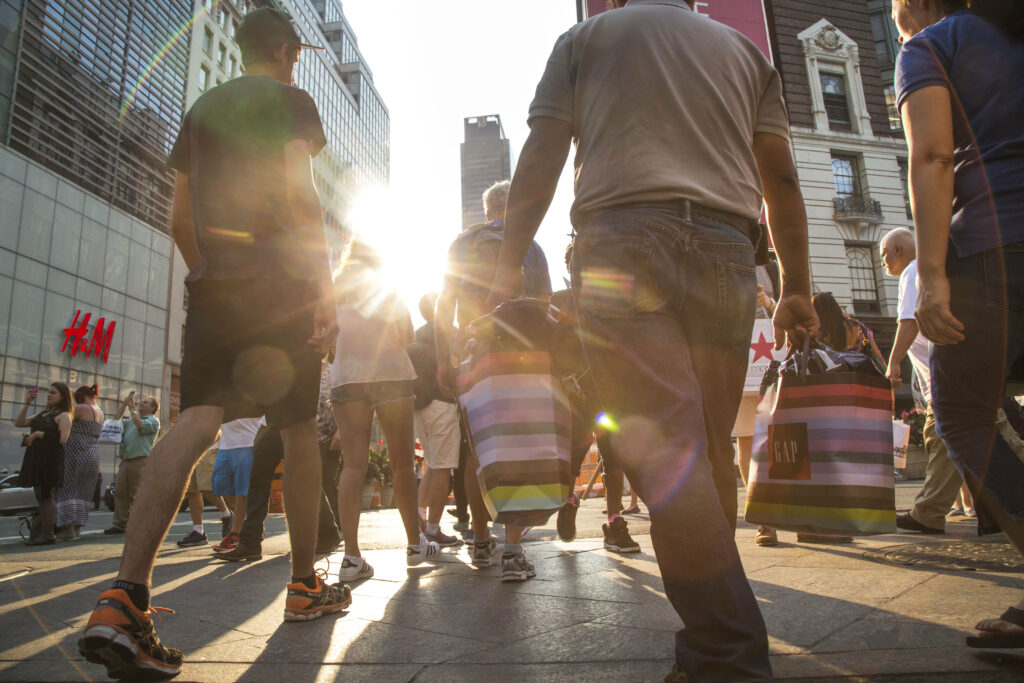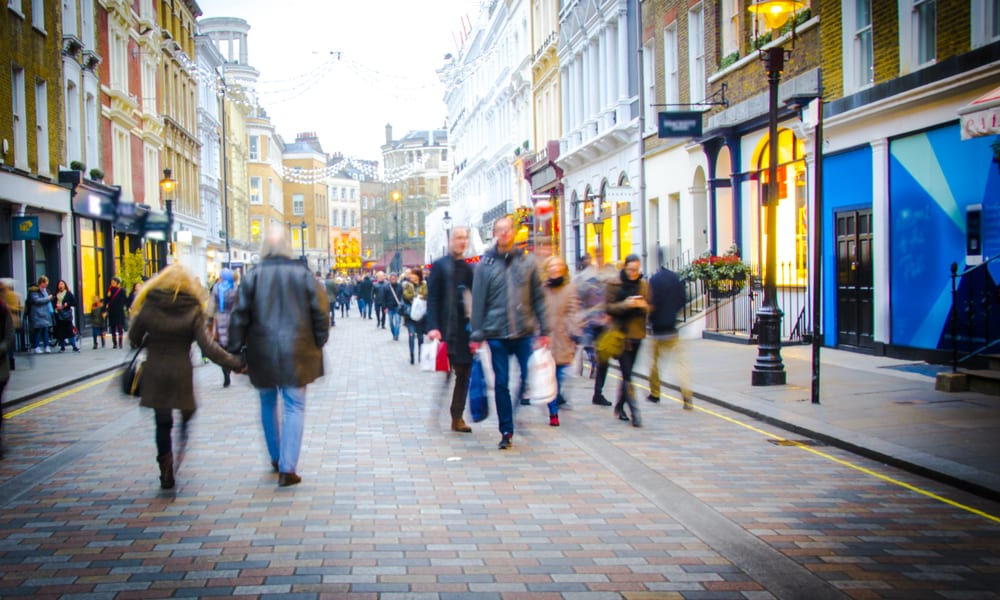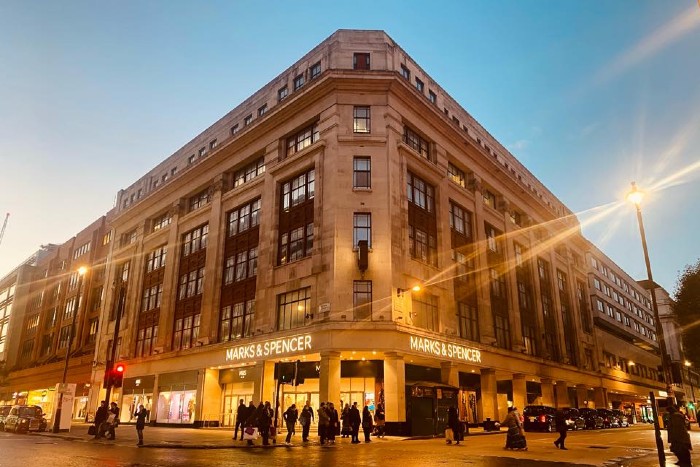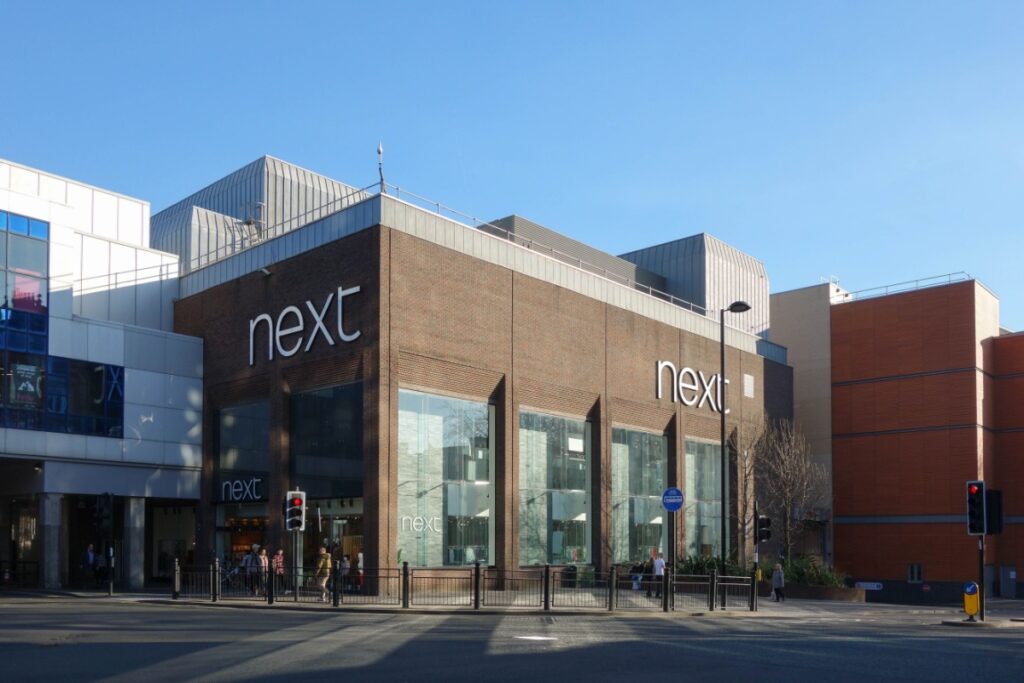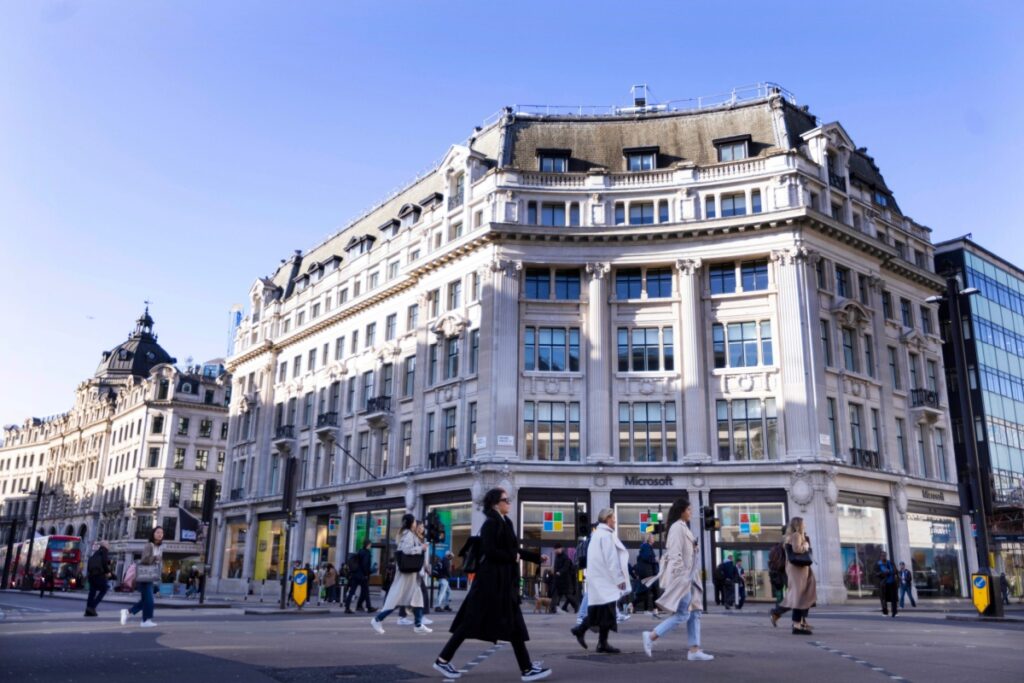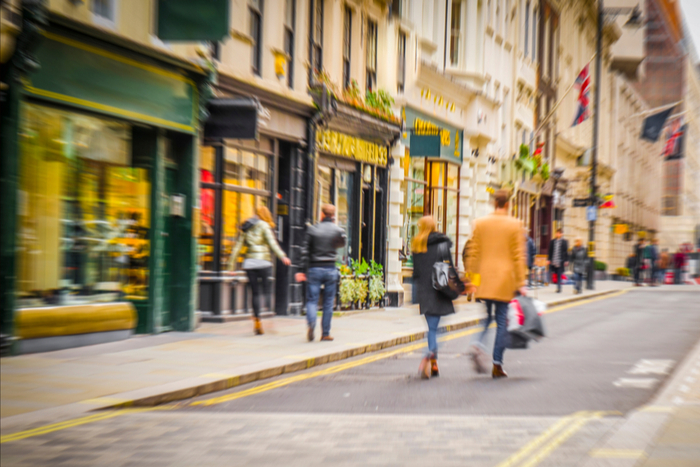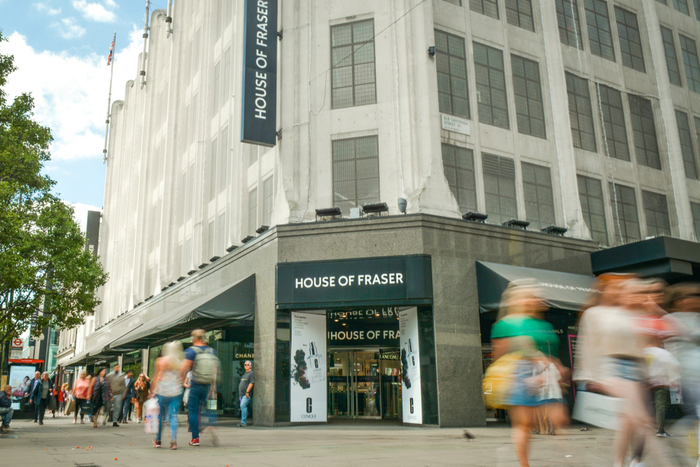// The City of London has recorded a 47% in the number of vacant commercial property units
// The financial district had seen 255 vacancies by the end of 2020
// Takeaway food providers and bars were worst hit, with 54 and 14 closures during the year respectively
The City of London has witnessed a 47 per cent year on year rise in the number of vacant commercial property units, as the Covid-19 pandemic affects store trading.
The financial district, home to both the Stock Exchange and the Bank of England, has been hit hard by the crisis and has seen 255 vacancies by the end of 2020, as office workers stayed home.
Vacancy rates in the city are now at their highest in five years, retail data consultancy Local Data Company (LDC) said.
READ MORE:
- Over 50,000 Oxford Street jobs will disappear post-lockdown
- Non-food retailers endure £22bn hit in sales due to Covid-19
Takeaway food providers and bars were worst hit, with 54 and 14 closures during the year respectively.
“The City of London has been dramatically hit given that the vast majority of the worker population, on which these businesses are almost solely reliant, went away overnight as the government’s initial work from home order kicked in,” LDC head of retail and strategic partnerships Lucy Stainton said.
“The fact that a significant number of retailers deemed ‘essential’ have chosen not to open in this location throughout various lockdowns, despite their ability to trade, is a further indication of just how low current consumer demand is in the city.”
Separately, New West End Company – a lobby group that represents 600 firms – warned earlier this week that at least one-fifth of London’s Oxford Street will be “boarded up with no hope of recovery” as the UK remains in a third lockdown.
More than 50,000 retail and hospitality jobs will be lost when the latest lockdown ends.
This trend was accelerated in the last two years, mostly due to the forced closures of non-essential retail that has led to many administrations and permanent closures.
Nevertheless, the lack of tourism, hesitant shoppers and absence of nearby office workers has led to a decline in footfall on Oxford Street.
Click here to sign up to Retail Gazette‘s free daily email newsletter




